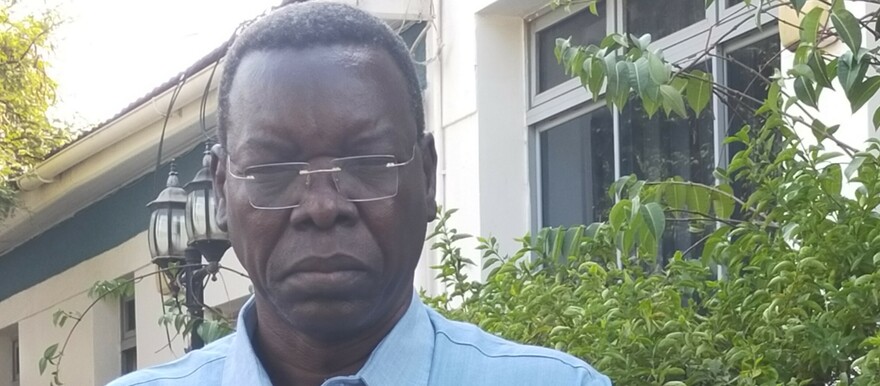South Sudan’s government has outlined conditions for renewing the mandate of the UN Commission on Human Rights (UNCHR) in the country. Established by the Human Rights Council in April 2016, the current mandate is set to expire in April of this year.
Dr. Gabriel Isaac Awow, Undersecretary in the Ministry of Justice and Constitutional Affairs, addressed reporters at the Justice Ministry on Friday after a meeting between the Commissioners of the UN Commission on Human Rights in South Sudan.
Awow shared this information with journalists, following a meeting between the UN Commission on Human Rights and the Minister of Justice. He stated that the government’s conditions would form the basis for accepting the extension of the commission’s mandate.
“One of the conditions is that all gathered information or conducted investigations should be handed over to government institutions for accountability. Additionally, we expect the commission to focus on monitoring human rights in general, distinguishing its role from that of R-JMEC, which is currently overseeing the implementation of agreements,” he said.
He emphasized that these points represent the government’s stance on accepting the renewal of the mandate for the UN Commission on Human Rights in South Sudan, contingent on collaborative efforts.
During the same press briefing, Yasmin Sooka, Chairperson of the United Nations Commission on Human Rights in South Sudan stated, “We had a productive meeting with the Minister and his colleagues, and we were pleased that he acknowledged the gravity of the human rights situation in South Sudan. He shared his views on how the state should address it.”
“We made it clear that once the transitional justice mechanism outlined in Chapter 5 is fully established, with Commissioners appointed and its work underway, we will consider our next steps. Our ongoing discussions with the government of South Sudan will shape our course of action from this point forward,” Yasmin explained.
“Governments often deny such reports. What’s particularly troubling is that while the reports may differ, the patterns and trends of violence in South Sudan remain consistent,” Yasmin affirmed.
“The reports may not be identical, but the recurring patterns and trends persist. This is because we perceive the violence as continuous and cyclical, with the specific locations changing while the violations endure. That consistency is reflected in our report,” she clarified.
“Our visit was comprehensive, meeting with cabinet ministers, the President, civil society, the diplomatic community, local authorities in Bor and the Greater Pibor Administrative Area, as well as the human rights community and, crucially, victims and survivors of the violence,” Jasmin described her South Sudan visit.
Addressing the overall human rights situation in South Sudan, Yasmin stated, “We will outline the human rights situation in South Sudan in our report to the United Nations Human Rights Council. During our discussions with the government, we expressed ongoing concerns about the state of human rights in South Sudan.”




